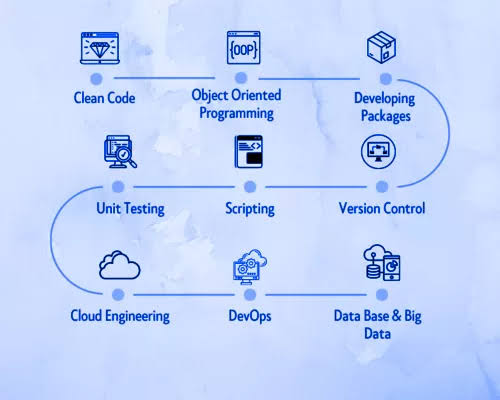
Introduction:
Embarking on a career as a software engineer is an exciting journey filled with opportunities for growth, innovation, and impact. Whether you're just starting out or looking to advance your career to the next level, having a roadmap to guide your path can be invaluable. This comprehensive guide serves as your companion, outlining the key milestones, skills, and best practices to navigate the dynamic landscape of software engineering.
1. **Foundations of Computer Science:**
Begin your journey by establishing a solid foundation in computer science fundamentals. Dive into topics such as data structures, algorithms, and computational complexity. Understand how to analyze problems, design efficient algorithms, and write clean, maintainable code. Master programming languages like Python, Java, or C++, learning their syntax, semantics, and best practices.
2. **Software Development Methodologies:**
Familiarize yourself with different software development methodologies, such as Agile, Scrum, and Kanban. Learn how to work collaboratively in cross-functional teams, prioritize tasks, and deliver high-quality software iteratively. Embrace principles like continuous integration, continuous delivery, and test-driven development (TDD) to build robust and scalable software solutions.
3. **Version Control with Git:**
Git, a distributed version control system, is a fundamental tool for modern software development. Understand Git's commands and workflows, mastering concepts like branching, merging, and rebasing. Host your repositories on platforms like GitHub or GitLab, leveraging their collaboration features and integrations. Learn to collaborate effectively with team members, track changes, and manage project history.
4. **Web Development:**
Explore the world of web development, where you can build dynamic and interactive web applications. Learn HTML, CSS, and JavaScript—the core technologies of the web. Dive into frontend frameworks like React, Angular, or Vue.js, mastering concepts like component-based architecture, state management, and routing. Gain proficiency in backend development with languages like Node.js, Python, or Ruby, and databases like MySQL, PostgreSQL, or MongoDB.
5. **Mobile Development:**
Enter the realm of mobile development, where you can create innovative applications for iOS and Android devices. Choose a platform and learn its respective programming languages and frameworks—Swift or Objective-C for iOS, and Java or Kotlin for Android. Understand mobile app design principles, user interface (UI) patterns, and platform-specific APIs to deliver seamless and intuitive user experiences.
6. **Cloud Computing:**
Explore the transformative power of cloud computing, which enables scalable and flexible infrastructure and services. Familiarize yourself with cloud platforms like AWS, Azure, or Google Cloud, mastering concepts like virtualization, networking, and storage. Learn to deploy, manage, and scale applications in the cloud, leveraging services like EC2, S3, Lambda, and Kubernetes.
7. **Machine Learning and Artificial Intelligence:**
Dive into the exciting field of machine learning and artificial intelligence (AI), where you can build intelligent systems that learn from data. Learn machine learning algorithms, techniques, and libraries such as TensorFlow or PyTorch. Explore applications in areas like natural language processing (NLP), computer vision, and predictive analytics, unlocking new opportunities for innovation and automation.
8. **DevOps Practices:**
Embrace DevOps practices to streamline software development and deployment processes. Learn to automate build, test, and deployment pipelines using tools like Jenkins, Travis CI, or CircleCI. Implement infrastructure as code (IaC) using tools like Terraform or CloudFormation to provision and manage infrastructure resources. Cultivate a culture of collaboration, transparency, and continuous improvement within your organization.
9. **Security Engineering:**
Prioritize security throughout the software development lifecycle, from design to deployment. Understand common security threats and vulnerabilities, such as injection attacks, cross-site scripting (XSS), and SQL injection. Learn secure coding practices, encryption techniques, and authentication mechanisms to safeguard sensitive data and protect against cyber threats.
10. **Continuous Learning and Growth:**
Software engineering is a constantly evolving field, with new technologies, frameworks, and best practices emerging regularly. Cultivate a mindset of continuous learning, staying updated with the latest trends, attending conferences, and participating in online communities. Seek out opportunities for mentorship, peer code reviews, and collaborative projects to enhance your skills and expand your professional network.
Conclusion:
As you navigate the dynamic landscape of software engineering, remember that the journey is as important as the destination. Embrace challenges, seek out opportunities for growth, and never stop learning. With this roadmap as your guide, embark on a fulfilling and rewarding career in software engineering, making a meaningful impact through innovation, collaboration, and dedication.
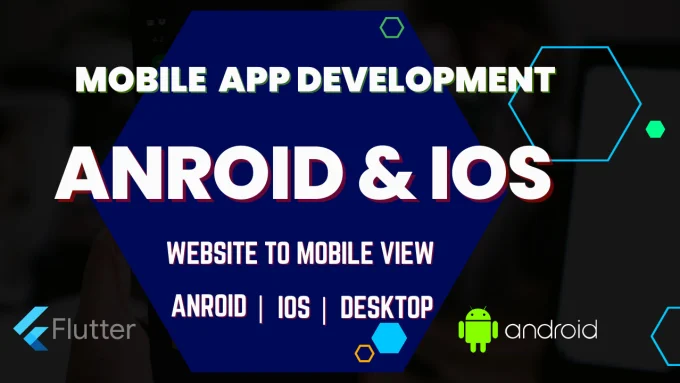 Android and iOS App Development Services in Delhi – Oprezo India
Android and iOS App Development Services in Delhi – Oprezo India
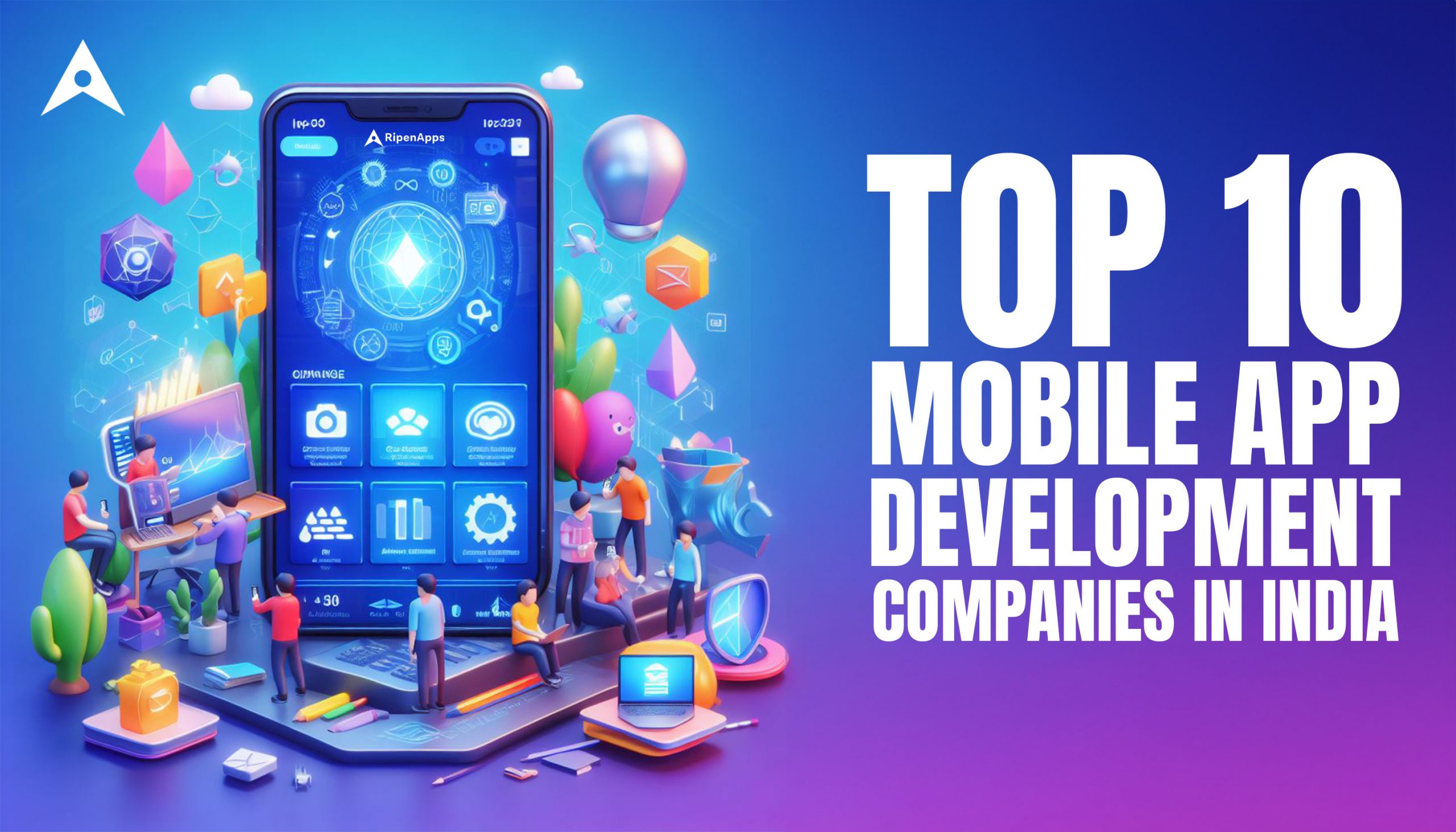 Mobile App Development Company in Delhi, India
Mobile App Development Company in Delhi, India
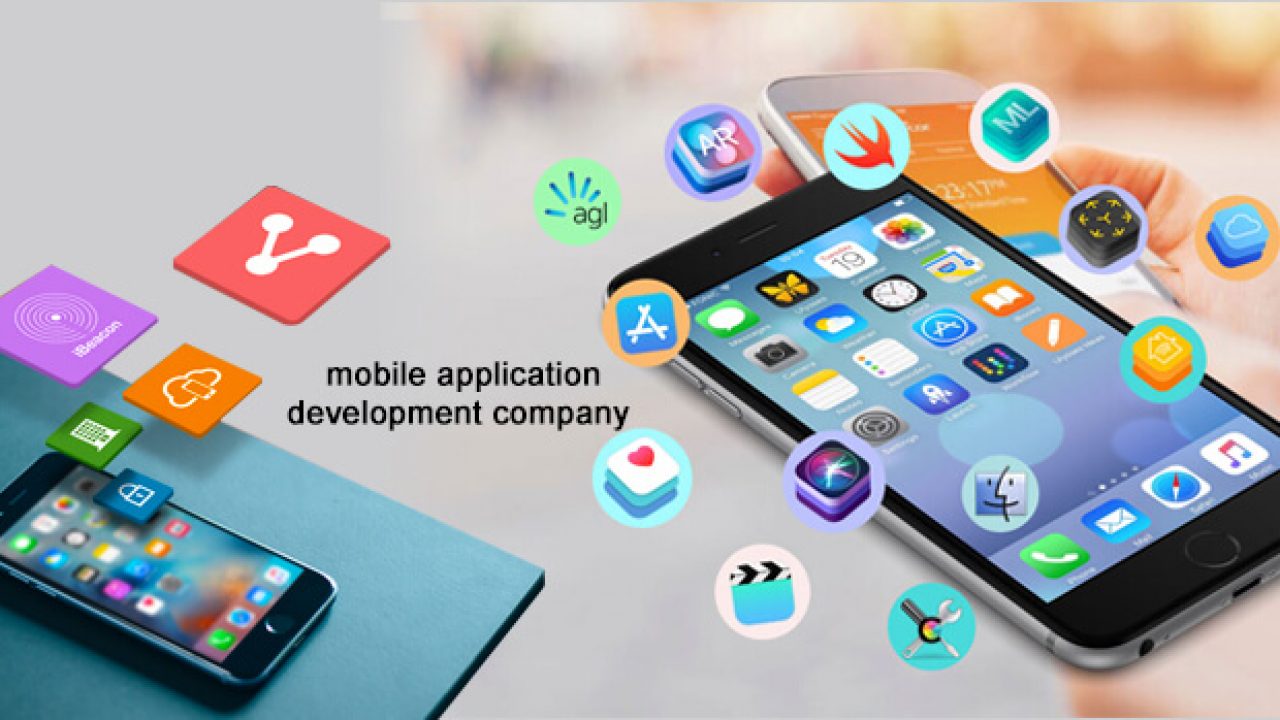 Oprezo India: Your Premier Web Development and Mobile App Partner in Delhi for Business Growth
Oprezo India: Your Premier Web Development and Mobile App Partner in Delhi for Business Growth
 Oprezo India – Leading E-commerce Website and App Development Agency in Delhi
Oprezo India – Leading E-commerce Website and App Development Agency in Delhi
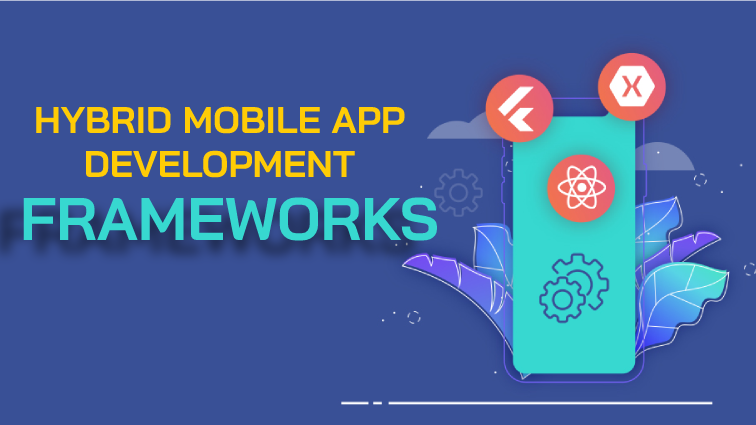 Leading Hybrid, Flutter, and React Native App Development Services in Delhi by Oprezo India
Leading Hybrid, Flutter, and React Native App Development Services in Delhi by Oprezo India